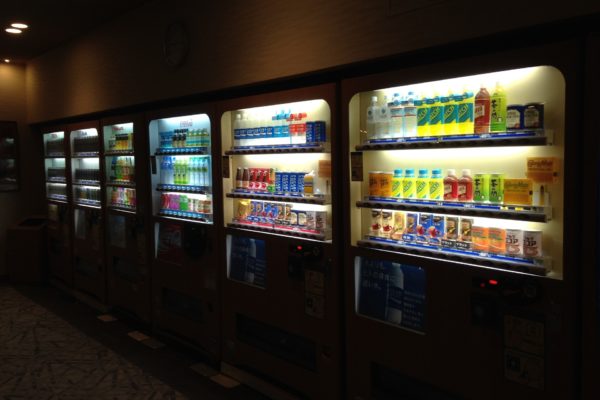Have you ever thought of studying abroad? I have thought about this since I was in my early teens, and not just anywhere abroad, but in the Land of the Rising Sun. This has been my dream ever since I can remember. Yet if you told my younger-self I would be doing my PhD degree in the second best university of Japan, I would probably have laughed at you. But here I am, living my dream.
I shall be honest with you, depending on what program you apply to it can be really easy or extremely hard to get enrolled in a Japanese university (there are dozens of programs which provide you with a monthly scholarship: MEXT, JASSO, Deep-Bridge, to name just a few of the most common ones). Of course I had to apply to the hardest one, MEXT, Japanese Government Scholarship program. It is hard to land this particular scholarship, because you have to compete with people all over the world, not just your home country. The first time I applied I failed to get the scholarship and was devastated in a way no words can convey. But my second try brought me to Tohoku University about two years ago.
Tohoku University is one of the former seven Imperial Universities, and currently the second top university of the country. According to many foreign and Japanese students, Tohoku is viewed as one of the hardest universities to get accepted to and due to this fact, many have avoided this wonderful establishment entirely. Another reason to why both students and tourists have avoided Tohoku prefecture in general, is the Great East Japan Earthquake which occurred in 2011. I find this to be a very sad fact, since Tohoku is an amazing place, with a lot of amazing sights, the kindest people I have ever had the chance to meet in whole of Japan and of course delicious food which is specific to the region. But that is an entirely different story, so let’s stick to the main topic.
What is it like to be a foreign student in Japan? You would think the experience would not be much different from being a student in any other country. A mistake. Japan is one of the perfect destinations for tourists, but maybe not so much for students, especially if you do not speak the language.
Depending on your sphere of studies, Japan might or might not be a good place for you to pursue your future degrees. If you are in the humanities, you might want to reconsider. Japan is trying to boost engineering, technologies and medicine studies, in short, sciences, hence such subjects as literature, history and languages are not very popular around here. What makes it even harder is the fact that finding a job in Japan if you are specialising in any of the above mentioned, might be quite the challenge.
If you have chosen sciences, you will most probably get to do your degree in English. Nonetheless, living in Japan is going to require from you at least basic knowledge of the language the people speak, since you cannot really get by with only English. The people here barely speak or understand it (unless you are in Tokyo, and even in this case it’s not a given they will). So buckle up, and try to learn at least the very basics beforehand. The rest can be sorted out when you get to Japan, since most of the universities offer Japanese language courses for foreign students.
Luckily, I had been studying Japanese for over four years before the winds blew me in the direction of the Easternmost country. This was a massive advantage I had over the group of 30 others, who arrived to Tohoku University together with me. But then again, I was going to do my degree in humanitarian studies, which meant I would need to write all of my papers, presentations and reports in Japanese. This requires a certain level of knowledge of written Japanese, which is not something I had studied before. It is worth mentioning, that you might be required to make your presentations in Japanese, even if you are planning to major in sciences, so I think it would be a good idea to take this fact into consideration before your arrival.
My top favourite thing about student life in Japan are clubs/circles. You get to meet a lot of new people, have fun activities, take part in competitions and tournaments and become a part of a big family. There are so many different types of clubs, including sports clubs, music clubs, international exchange circles, and so on. If you do decide to join one, keep in mind that depending on your choice you might end up in one that is extremely strict and demands a very huge amount of commitment. A mistake I made by joining kyuudo, Japanese traditional archery club. For a whole year my days and nights were being spent in the club dojo. Obviously this was affecting my studies, so no matter how reluctant I was, I had to quit.
One last thing you need to remember about Japan before coming here, is the strict relationship between senpai and kohai (senior junior). This is existent both in the clubs and all of the departments of a university. As a junior you have to use keigo – formal Japanese, when addressing your seniors. You have to be extremely respectful and keep in mind that your relationship can never change to friendship, no matter how close you get to each other. Then again, your senpais will take you out, treat you to dinner and drinks, and in general help you out with anything you do not understand or have problems with!
But do not let all of the things I talked about put you off from enjoying your student life in Japan! It is by all means amazing and unique. You will get to experience things which you would never get an opportunity to if you were in any Western country. In the recent years Japan is very welcoming towards foreign students and I am sure you too, just like me, will feel at home here in just a matter of weeks!



